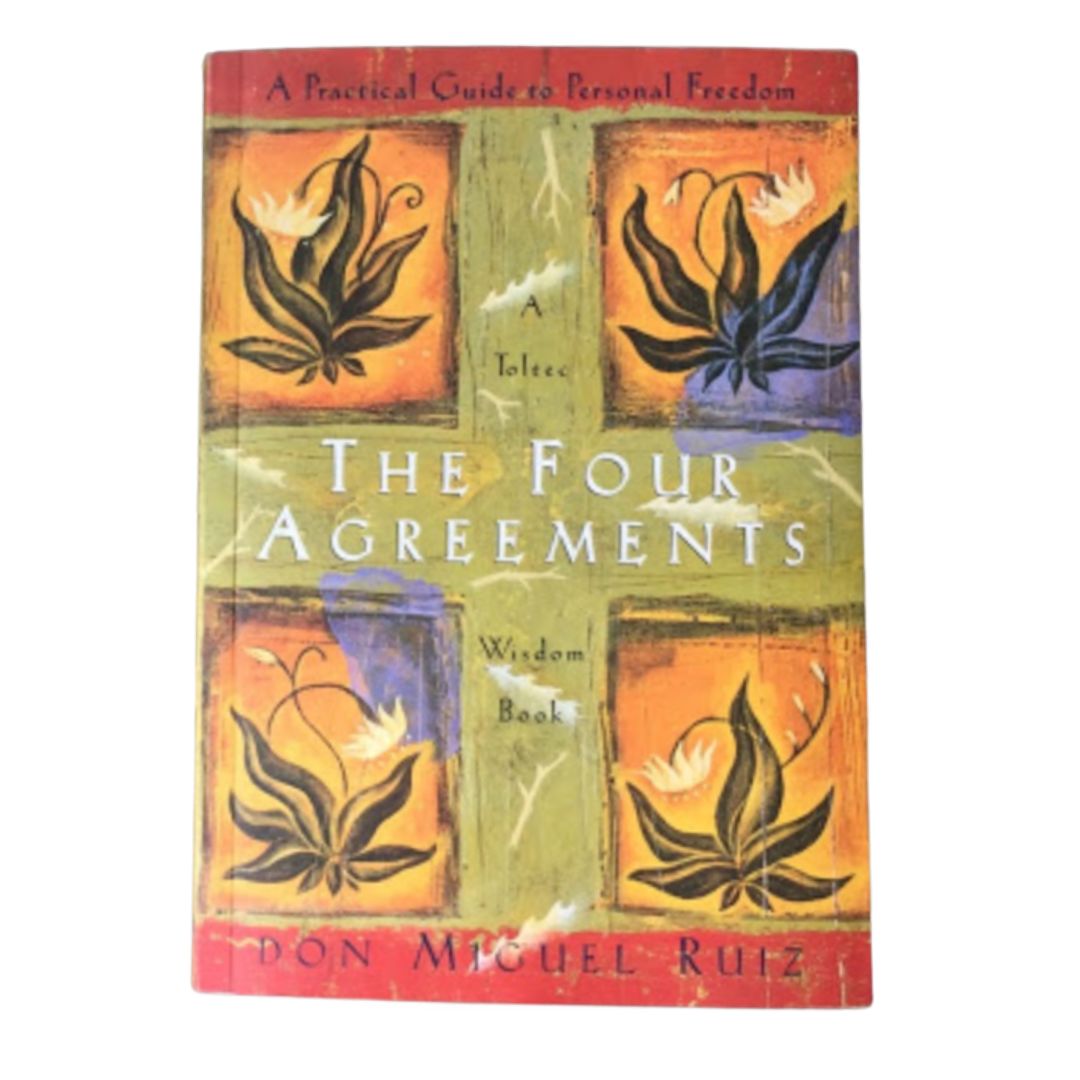Obsessive-compulsive disorder, or OCD, is one of the most misunderstood mental illnesses out there. Every day, we’re bombarded with memes and comments about someone being “so OCD” because they love to organize their closet or keep their bathroom clean.
In reality, OCD is a debilitating mental health condition, and at its core it has nothing to do with cleanliness or organization. A need for cleanliness can be a sign of OCD, but most of the time, it’s simply a personality trait.
Here’s everything you need to know about what OCD really is, and how to tell whether or not you really have this disorder.
What is OCD?
Obsessive-compulsive disorder is a diagnosable mental illness that can be debilitating when left untreated. Experts think that it’s caused by a combination of genetics, environmental factors, and brain chemistry. Its main symptoms are obsessions and compulsions, hence the disease’s name.
Obsessions are intrusive and unwanted thoughts that get stuck in the OCD brain. Everyone gets random and intrusive thoughts from time to time, but people with OCD aren’t able to brush them off as just a weird thought. They ruminate over these thoughts and agonize about what this thought means.
Related Blog: Do I Need a Psychiatric Evaluation? 8 Signs to Look for
In the media, OCD obsessions are always depicted as revolving around contamination or the need to be organized. Although these are common themes for obsessions, there are so many more out there. Anything can become an obsession, from the fear of being a pedophile to the fear of having run someone over on accident.
Obsessions can sound like:
- “What if I don’t really love my partner?”
- “What if I’m actually gay and don’t know it?”
- “What if that food I cooked poisoned my whole family?”
- “What if I’m actually a sociopath?”

Compulsions are ritualistic or repetitive behaviors that people with OCD engage in to try to reduce anxiety. Their obsessions make them feel terrified and disgusted, so they engage in compulsions to try to “ward off” this feeling or the supposed danger that they’re obsessing over.
Compulsions can be mental or physical. The most commonly portrayed compulsions in the media are compulsive hand-washing and organizing, but these are far from the only ones. Compulsions for the above obsessions might be:
- “What if I don’t really love my partner?” → Checking their feelings over and over again to try to prove to themselves that they do feel love.
- “What if I’m actually gay and don’t know it?” → Reading others’ coming-out stories to try to find similarities or differences.
- “What if that food I cooked poisoned my whole family?” → Washing vegetables over and over again before serving the salad.
- “What if I’m actually a sociopath?” → Constantly asking others for reassurance that they’re a good person.
The problem with compulsions is that they simply don’t work. They may relieve anxiety for a few minutes, but then the obsession - and the need to perform a compulsion along with it - comes back with a vengeance. This keeps people with OCD stuck in a cycle they can’t get out of: obsessing, performing a compulsion, obsessing more, performing more compulsions, and so on.
How to know if you have OCD
Many people casually describe themselves as a “little bit OCD,” but in reality, there’s no such thing 一 you either have OCD or you don’t. If you’re wondering if your experience is OCD or just a personality quirk, ask yourself these questions.
Do you experience frequent intrusive thoughts?
Do scary or disgusting thoughts come into your mind frequently? Do they cause you to feel extremely anxious, fearful, or disgusted with yourself? Do you have a hard time thinking about anything else when these thoughts appear?
Do you have a need to perform compulsive or repetitive behaviors?
When you get these intrusive thoughts, do you feel a strong need to perform repetitive behaviors to try to feel better or protect yourself? These could be mental or physical behaviors, including touching or counting things, mentally reviewing your memories, or asking for reassurance. Do you feel like your fear and discomfort becomes unbearable if you don’t perform these compulsions?
Are these experiences significantly interrupting your life?
OCD is a mental health disorder, which means it severely impacts people’s lives in a negative way. Are you able to just “deal with” these experiences and go on about your day, or do they significantly get in the way of your life? Do you feel like these thoughts and behaviors are preventing you from living a happy and healthy life?
If not, then you do not qualify for the diagnostic criteria for OCD.
Do you feel like these thoughts go against who you really are?
OCD is ego-dystonic, which is a fancy way of saying that people who have OCD experience the disorder as not being who they truly are. Often, people with OCD feel like their thoughts and symptoms are invading them from the outside 一 almost as if they’re being possessed.
When you think about your “OCD” traits (like hand-washing or organizing), do you see these traits as a part of your personality, or something that’s unwanted? If you enjoy or are even proud of your cleanliness, then that’s a good sign that it isn’t OCD. No one enjoys having OCD.
Related Podcast: "Suffering in Silence: Mental Health + the Black Community"
OCD can be treated
If you do think you really have OCD, then there’s still hope. OCD is a treatable condition, and there are effective therapies and medications that have been shown to greatly improve symptoms. Tell your healthcare provider about what you’re experiencing, and ask them to connect you to specialized treatment.
What Should I Do Next?
Option I: Reach out to a therapist from the directory
Option II: Check out our Heal - Oversized Tote
Option III: Check out the 10 Mental Health Apps we suggest



